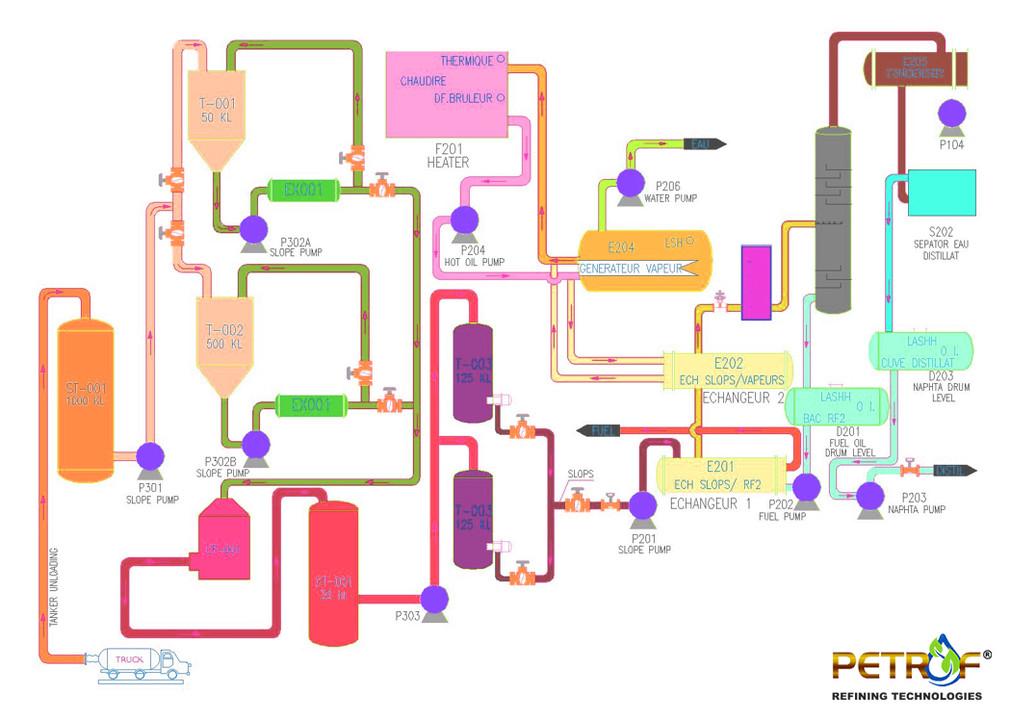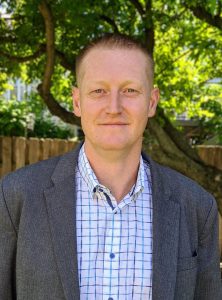Do you ever have a process variable that you want to measure, but can’t because the process conditions don’t allow it? Is the pressure or temperature too high for the standard sensor? Is it in a classified area and there is no approved method for measuring your analyte? Is there no sensor for the thing you want to measure? These are all common problems in the chemical and biochemical industries.
What do you do when you run into these problems? Do you ask your search for similar applications in your plant and try to copy them? Do you ask your colleagues for ideas? Do you just give up and move on to other applications that aren’t so difficult?
It is true that sometimes you will not be able to measure what you want. It just isn’t going to be possible for this particular application. This isn’t the end, though. There may be other measurements you can make to infer the data you want and control your process without knowing the exact concentration or value of your analyte of interest. What if for example you wanted to measure sodium in a complex variable multi component process. That is an extremely difficult measurement for most any analyzer and an ISE sensor will break down much too quickly. What if you measure the conductivity of the solution, the refractive index of the solution and any other components that are easily measured and then infer the sodium concentration? I know this is very general, but it gives an idea for how to approach hard control problems without direct measurement. The next question you might ask about this application is “Why am I trying to measure the sodium concentration?” If the sodium is being measured because it affects some other process or indicates a particular process upset, then maybe there is something else we can measure that will control that other process or indicate a particular process problem.
When you run into a control problem caused by the inability to measure, try to think outside that particular loop. There is usually a way around the problem. These are the things that make process automation and control fun. If you run into these applications please give me a call or reach out to the fine folks @Jasper Engineering and we can analyze your process and come up with a solution that works for you.

